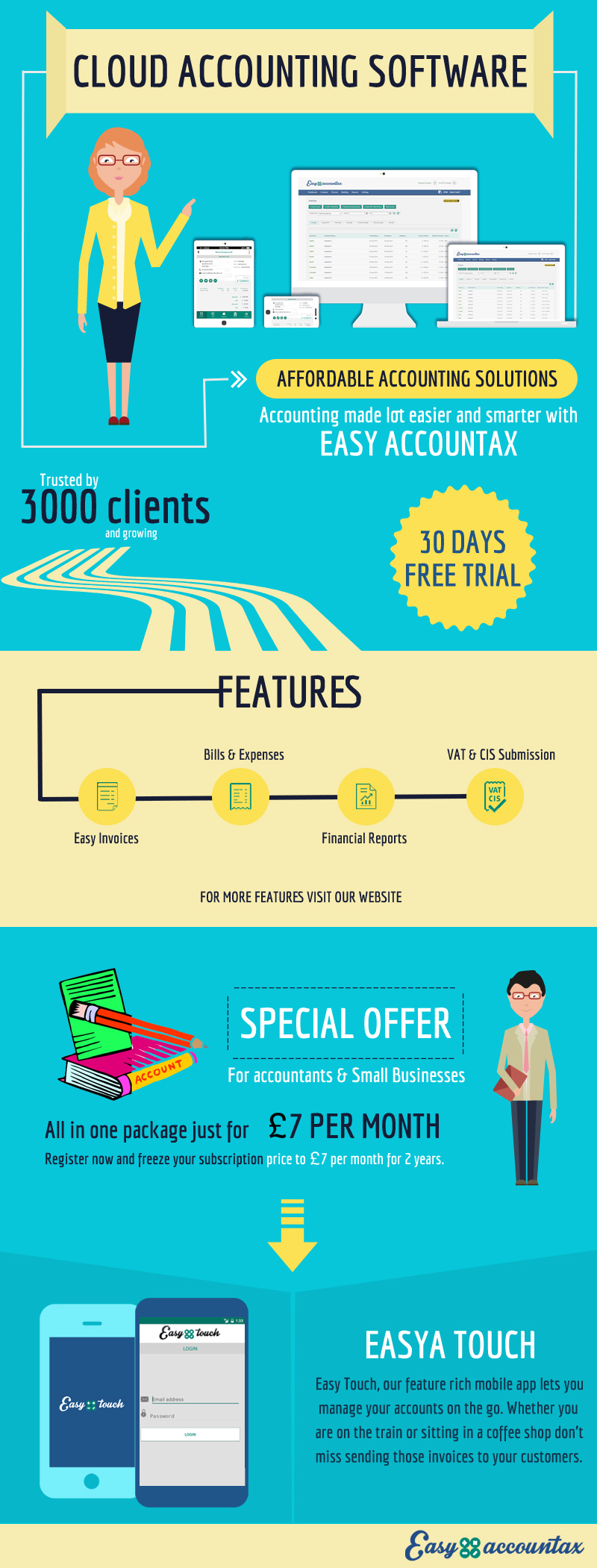Whether your business is small or medium sized, the need for automated accounting are far more varied than the need to calculate the profits and generate the interests. More than the errors free accounting, Business accounting software provide the best durability and safety to the data that has been recorded. We help you with a small business accounting software guide to help you decide the best for your business.
Benefits of an Accounting software
The benefits of an accounting software range much beyond the scope of the application. With just one software, the side benefits that are provided are many. A good accounting software guide for small businesses should be able to guide you through the process and also list the key benefits as:
-
Remote access to data that can be retrieved from any location using a user name and a password
-
The ability to access updated records at any point of time
-
Automated calculations and updating of data that is beneficial to the company in terms of the business decisions that have to be made
-
Error free and mistake free computing
-
Ability to lead the data on the cloud and access it on various devices throughout the organization
-
The need to remove and check the redundancy of data is eliminated
Despite the effectiveness of the system and ease of applicability of the data, on an accounting software, the widespread application of the data accounting software has been a challenge owing to the limited scope of knowledge that people have. At easyAccountax, the expertise on the system with a dedicated team catering to the requests of the customers, to incorporate the system on the machines is the USP that they have attained. Various accounting software is easily available in the market and based on the needs of the user, the specifications can either be added or removed. Sage One and QuickBooks online have been recorded as the most applicable to all types of businesses and the following are the reasons for the recommended use of accounting software for the small businesses:
-
As an owner of a small business the focus needs to be lent of business and expansion. With an accounting software in place, the company can divert the attention to other activities, that may be imperative to the success of the organization.
-
With an accounting software in place, the reports that are generated are schematic and well drafted. This creates the background for the information that may be needed to entail the future business decisions and decide upon the route forward
-
Accounting software also allow security and safety to the data that is to be stored creating a limited user access in cases where the access to certain portions of data needs to be limited.
It is imperative to note that the accounting software that is being applied has to cater to the needs of the business and the choice needs to be made individually not as an imitation of a competitor or otherwise.
Small Business Cloud Accounting Software Infographic



